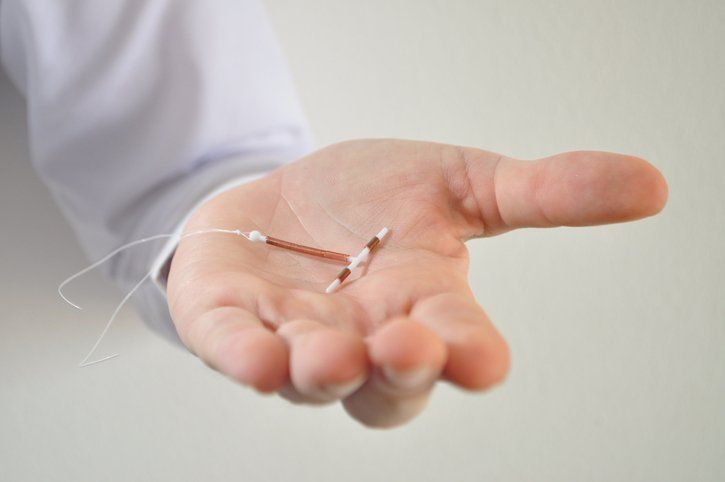What to Know About Bleeding During Pregnancy
- By Admin
- •
- 26 Sep, 2022
- •
Pregnancy is often a fantastic time in a woman's life. But pregnancy is also a delicate time, as your body undergoes massive changes. One change that can be particularly worrisome is bleeding during pregnancy.
Bleeding during pregnancy can happen for several reasons,
some benign and others more serious. Understand all about bleeding during
different pregnancy stages and what to do.
What Is Bleeding vs. Spotting?
Bleeding comes with a heavy flow, enough to fill up a sanitary pad or tampon. On the other hand, spotting features a much lighter flow, barely noticeable or only visible when you wipe.
Bleeding during pregnancy can happen anytime from
implantation (when the egg embeds in the uterine wall) until delivery. Bleeding
can be heavy or light, constant or intermittent, and with or without clots.
What Are Common Causes of Bleeding During Pregnancy?
The cause of bleeding during pregnancy differs depending on how far along you are in the pregnancy.
Implantation Bleeding
If you experience bleeding early on in pregnancy (within the first 12 days), implantation bleeding is the most likely cause. Implantation bleeding happens when the egg embeds into the uterine wall. The issue can occur around the time of your expected period but is much lighter than a regular period. Implantation bleeding is normal, and, in most cases, you have nothing to worry about.
If you have concerns about implantation bleeding or if the flow is heavy or lasts longer than a few days, speak to your healthcare provider.
Ectopic Pregnancy
Ectopic pregnancy is a pregnancy where the fertilized egg implants outside the uterus, usually in the fallopian tube. This condition calls for concern, as the egg cannot develop properly outside the uterus and can cause the fallopian tube to rupture.
If you experience any bleeding during pregnancy, especially with accompanied pain or cramping, seek medical attention immediately, as this could signify ectopic pregnancy.
Preterm Labor
Preterm labor is when you start to experience contractions before 37 weeks gestation. While some bleeding is normal during pregnancy, if you also experience contractions, this is a sign that you may be going into labor prematurely. Other symptoms of preterm labor include:
- Low back pain
- Pelvic pressure
- Diarrhea
- Watery discharge
If you experience any of these signs in addition to bleeding during pregnancy, seek medical attention immediately.
Placental Abruption
Placental abruption happens when the placenta separates from the uterine wall before delivery. This issue can cause heavy bleeding and is dangerous for both mother and baby. If you experience placental abruption, you will likely also experience intense abdominal or back pain.
Miscarriage
Unfortunately, not every pregnancy gets to a healthy delivery. Some end early, most often within the first 20 weeks. The issue mainly results from chromosomal abnormalities but can also be from infection, hormone imbalances, or uterine abnormalities.
Miscarriage is characterized by heavy bleeding (soaking
more than one sanitary pad or tampon per hour) with or without clots. You may
also pass tissue from the vagina and have intense cramping or abdominal pain.
When Is Bleeding or Spotting During Pregnancy Normal?
If you experience spotting after sex, that may result from the cervix being aggravated during intercourse. This bleeding is usually very light and resolves on its own. If the spotting becomes heavier bleeding or lasts longer than a few days, speak with your healthcare provider.
As your pregnancy progresses, you may also experience some light spotting or bleeding when the mucus plug that has blocked the cervix during pregnancy dislodges.
Jack G. Faup M.D. is your trusted specialist for all pregnancy-related matters. If you have any concerns about bleeding during pregnancy, don't hesitate to contact us. We would be happy to answer any questions or address any concerns you may have.



